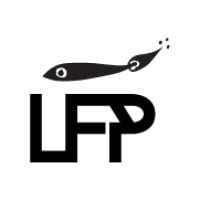
Lanternfish Press
Lanternfish Press publishes literature of the rare and strange: fiction that crosses the boundary between literary and speculative; real or imagined tales of characters at the margins of history; essays rooted in a strong sense of place; a cabinet of curious Victorian reprints. We seek the grotesque, the alien made familiar, the “I don’t know what this is—but I love it.” Lanternfish aims to make books and publication accessible to readers and writers who fall outside the literary mainstream, whether in race, sexuality, gender, situation, or pure individual oddity. We're a home for books that defy pigeonholes—and for the readers who love them.






